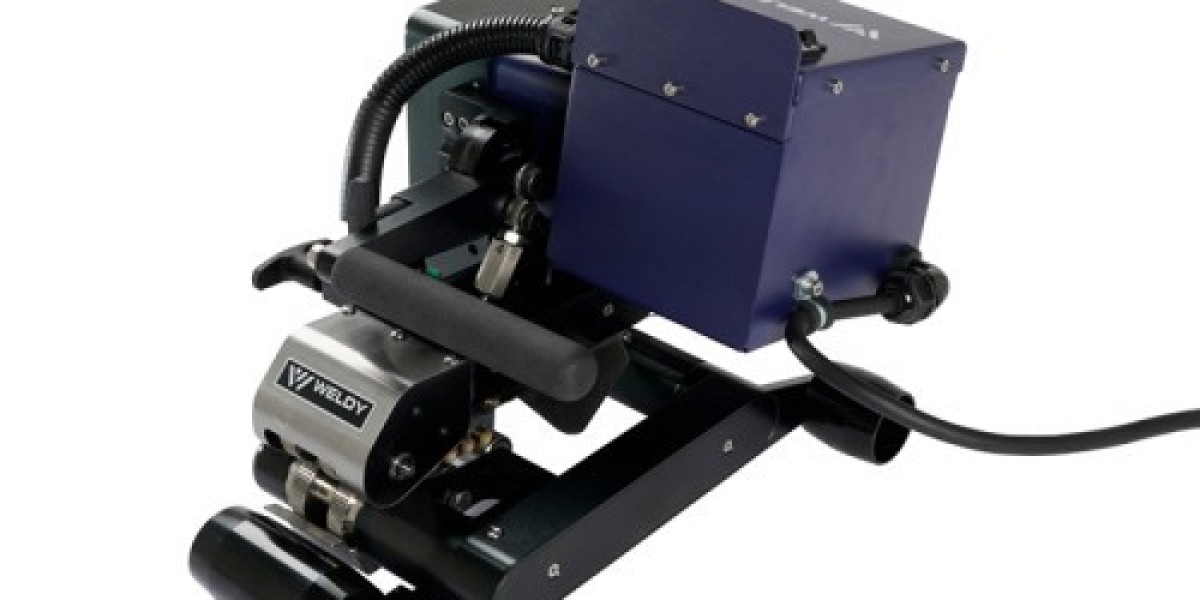For many individuals facing mental health challenges, substance recovery, or trauma-related issues, finding the right treatment approach can be overwhelming. While inpatient care is often necessary for severe cases, a supportive outpatient program (SOP) can be a game-changer for those seeking structured treatment while maintaining their daily routines.
Supportive outpatient programs offer therapeutic care, education, and emotional support without the need for overnight stays. Clinics such as the Laguna Hills veterans clinic and Santa Ana veterans clinic have expanded their services in recent years to include outpatient treatment options that serve veterans and civilians alike.
So how do you know if a supportive outpatient program is the right choice? Here are five clear signs to guide you.
1. You Need Help, but Not 24/7 Supervision
One of the biggest indicators that an outpatient program is suitable is your ability to function without constant medical supervision. You might still be facing emotional struggles or recovering from addiction, but if you’re stable enough to attend therapy sessions and return home, outpatient treatment may be ideal.
For example:
You can manage daily activities such as work or school.
You’re not at risk of harming yourself or others.
You have a stable living environment with minimal triggers.
The Santa Ana veterans clinic provides outpatient programs designed for veterans with PTSD, anxiety, and substance issues who are strong enough to live independently but still benefit from regular, structured support.
2. You’ve Completed Inpatient Treatment and Need Ongoing Care
Another common reason to transition to a supportive outpatient program is stepping down from inpatient or residential care. After spending weeks or months in a hospital or treatment facility, the return to everyday life can feel overwhelming. SOPs act as a bridge, offering consistent support during this transition.
Here’s how they help:
Maintain therapeutic momentum
Reinforce healthy habits and coping strategies
Prevent relapse by providing regular check-ins and peer support
Clinics like the Laguna Hills veterans clinic offer post-discharge outpatient care that focuses on life skills training, individual therapy, and support groups tailored to each patient’s recovery journey.
3. Your Mental Health or Substance Use Is Interfering with Daily Life
If you find that emotional or behavioral health issues are starting to interfere with your relationships, work performance, or general happiness, it might be time to seek help—before things worsen. Outpatient programs provide a safe and non-judgmental space to explore those concerns and start healing.
Warning signs include:
Difficulty focusing at work or school
Withdrawal from social activities
Mood swings or persistent sadness
Using substances to cope
A supportive outpatient program allows you to address these concerns while staying involved in your community. Many Southern California clinics, including those in Santa Ana and Laguna Hills, emphasize personalized treatment plans that adapt to your lifestyle and emotional needs.
4. You Want Structured Support Without Leaving Your Home Life Behind
Outpatient programs are ideal for people who need accountability and structured care but cannot commit to being away from family or work. Whether you're a parent, employee, or student, outpatient care allows you to receive professional help without disrupting your entire routine.
Key benefits include:
Flexible schedules with evening or weekend therapy sessions
Educational resources to manage stress, triggers, and emotions
Support for family members and caregivers
The ability to apply lessons from therapy immediately in real life
Veteran-focused programs, such as those at the Laguna Hills veterans clinic, recognize that patients may have families or jobs they can’t leave behind, making outpatient services a more realistic and effective option.
5. You’re Seeking a Community That Understands Your Struggles
Isolation often makes mental health challenges worse. A supportive outpatient program connects you with people who share similar experiences, offering a sense of belonging and mutual understanding.
You’ll benefit from:
Group therapy and shared healing experiences
Peer accountability
A sense of community and emotional safety
Shared progress and encouragement
Whether you’re a veteran processing combat-related trauma or a young adult struggling with anxiety, the community-based approach of outpatient programs can be a powerful motivator. Clinics like the Santa Ana veterans clinic offer veterans-only groups that build connection, trust, and shared healing among peers.
Final Thoughts
Making the decision to join a supportive outpatient program is a strong and courageous step toward better mental and emotional health. Whether you’ve been through inpatient treatment, or you’re just beginning your recovery journey, SOPs can provide the structure, support, and compassion you need.


